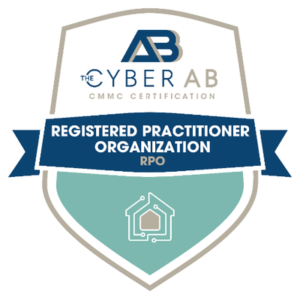As a cybersecurity professional, you know that defending your organization against a myriad of external and internal threats can seem like a never-ending war. You need to be aggressive and outthink your opponent on the cyber battlefield.
While these traits are excellent for preventing cyber incidents, they are not always good for dealing with colleagues.
To be effective within your organization, you need to promote cybersecurity cooperation by fostering a culture of communication, collaboration and shared responsibility.
Promoting Communication, Collaboration and Shared Responsibility
In your role as a security professional, you should work to establish clear communication channels that enable open and honest communication on security among departments and teams.
You should also encourage cross-functional collaboration by involving all stakeholders in the security process, including employees from different departments, the C-suite, board members and vendors and partners.
A culture of shared responsibility, where everyone takes ownership of security, is much more effective than relying on a single security or IT department. You can achieve this by providing security training and awareness programs for all employees, and making security a part of your organization’s values and mission.
Setting up a security council with representatives from different departments can help you identify and address security issues, develop security policies and plans, and promote cooperation and collaboration.
In addition, it’s important to expand your collaboration with external parties, such as industry groups, government agencies and security consultants. This can help recognize emerging threats and develop best practices that you can share with your organization.
Getting More Funding for Security
To be effective, security teams need the resources to safeguard and organization and its data. You may think that the importance of defending your organization against threats is obvious, but other stakeholders need to understand and agree with your point of view.
The following are some suggestions for getting the resources you need during the next budget meeting:
- Start with a clear presentation of the risks. Outline your organization’s security risks and use statistics and real-life examples to highlight the potential consequences of a security incident.
- Emphasize the need for proactive security. To get more funding for your security team, stress the importance of proactive measures, such as threat assessments, penetration testing and security training.
- Note any regulatory requirements. Depending on your industry, regulatory requirements may mandate specific security measures. Highlight these requirements and explain the potential consequences of non-compliance, such as fines and legal action.
- Provide a detailed budget plan. A detailed budget plan that clearly outlines the resources you need to implement your security strategy is essential. Be prepared to explain the costs of each item and why it’s necessary.
- Demonstrate the return on investment. For example, more robust security measures can reduce the risk of a data breach, saving money in the long run.
Overall, promoting cooperation on security requires a proactive and collaborative approach that involves everyone in the organization.
Looking to ensure your organization’s cybersecurity is a unified effort? MBL Technologies can help. We offer a wide array of cybersecurity services to help you identify weaknesses in your security approach and implement cost-effective, targeted solutions and services. Contact us today to get started.




